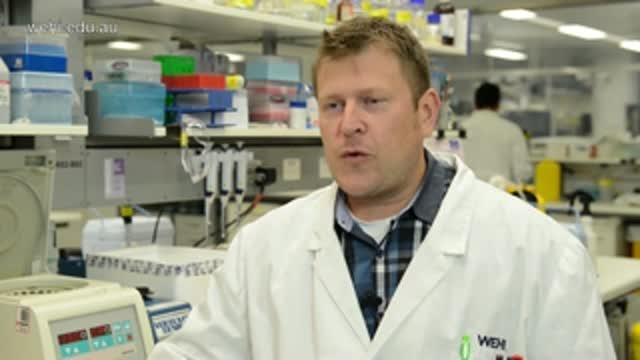Cytokine storms are believed to be the primary cause of death in young and otherwise healthy people who are infected with influenza, particularly pandemic flu strains.
"Many of the estimated 50 million deaths caused by the 1918 flu epidemic are believed to have been caused by these cytokine storms," Dr Kedzierski said. "Cytokine storms in patients' lungs are also thought to be responsible for many of the 500,000 influenza-related deaths that occur around the world each year."
Dr Nicholson, laboratory head in the institute's Inflammation division, said the role of SOCS4 in the body was previously unknown. "When other SOCS proteins are removed from laboratory models, their function and the effect of their loss becomes immediately apparent," she said. "However, the SOCS4-deficient model appeared to be completely normal. It was only when we looked at the response to infection that we found the immune system was significantly affected by the loss of SOCS4."
Dr Nicholson said drugs that enhanced or mimicked SOCS4 action could be a useful way of treating pandemic or more aggressive flu strains, as well as other infections.
"Knowing the target and function of SOCS4 may lead to us being able to control inflammation in severe cases of the flu or to the development of new, preventive therapies," she said. "Our research so far is very promising and we have some strong leads to pursue in finding out exactly how this molecule works."

A protein called SOCS4 has been shown to act as a handbrake on the immune system's runaway reaction to flu infection, providing a possible means of minimising the impact of flu pandemics.
Scientists from Melbourne's Walter and Eliza Hall Institute have found that without SOCS4 the immune response to influenza infection is slowed and there is a vast increase in the number of damaging inflammatory molecules in the lungs. This flood of inflammatory molecules, known as a "cytokine storm," is thought to contribute to flu-related deaths in humans.
(Photo Credit: Walter and Eliza Hall Institute)

Dr. Lukasz Kedzierski, Dr. Sandra Nicholson and colleagues have found the protein SOCS4 plays an important role in regulating the immune system's response to the flu.
(Photo Credit: Walter and Eliza Hall Institute)
Source: Walter and Eliza Hall Institute